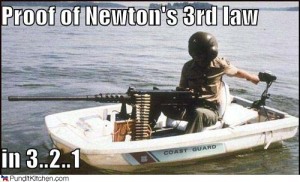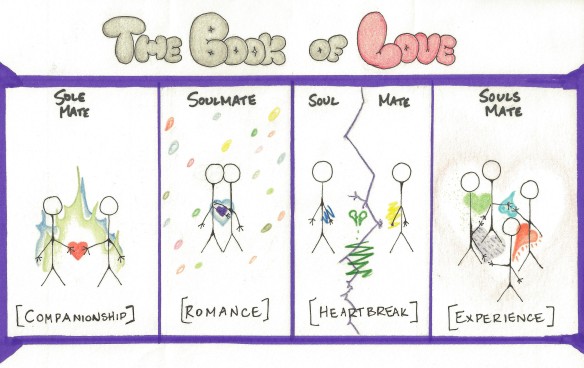Unless you’re this guy, playing ping-pong is about fun rallies. And it seems pretty straightforward, right? Tap the ball over the net, then tap it back. I was recently reminded, however, that tending to lively balls with a firm surface can result in some volatile interactions. (*Snickers*) Inappropriate jokes aside, ping-pong is a great analogy for personal communication. I’ve come to understand that, in both table tennis and conversations, my enthusiasm to play can interfere with my ability to serve hittable shots. Split-second triggers sometimes override neutral analysis, and it’s wall, net, awkward table edge, aiiirbaaalll. I’m so ready to make every hit count, that I forget to see the longer picture, that the person on the other side needs to return the ball for the game to be fun. The exchange is more important than any of my individual shots.
So what’s the secret to a good rally? How do you illicit a sweet pong using a well-played ping? Well, based on my own shortcomings, here’s what I’ve got so far:
1. Use appropriate force.
Remember that guy Newton, and how he’s kind of a big deal? For every action there’s an equal and opposite reaction. Sometimes it takes lobbing a soft one to gather useful information about your opponent’s ability to respond. If you just smack the shit out of it in an attempt todisplay Ultimate Superiority in Trivial Matters, the situation will rapidly deteriorate into a whole lot of foolishness. This often includes grasping incompetently at random, flying balls. No bueno, indeed.

2. Prioritize a thoughtful mindset over a frantic one.
Panic is not your friend. It results in excessive activity and a lack of control, which means you’re already behind for the shot coming right back atcha. Panic escalates. Outward spiraling of defensive tactics ensues. Balls in and around everywhere. Yikes.
3. Have an eye for angles.
This involves vectors. And points of contact. And forward motion. And backspin. And friction. There are a lot of factors in the interaction, but there’s a lot to be said for a split-second sense of the situation. Just paying attention to where the ball is coming from and how that affects where it’s going can go a long way.
4. Be prepared for random, crazy shit.
Those little white balls get around. (Alright, so I’m not setting the dirty jokes aside.) You can’t always tell by looking at them what kind of dents they may have sustained or repairs they’ve undergone, and when that past will intervene for a wild, unanticipated trajectory. This is why the first three steps are the most important. You can’t anticipate everything. Ultimately, it’s about instinct. The more calm and steady your starting point, the easier it is to rely on your instincts and trust the process of on-going practice and self-correction. (And just say no to douchebaggery.)
So now what? Get to the table. Learn from your own downfalls. And let me know how it goes in that lovely comment box below– especially with all the stuff I’m sure I missed 😉
Photocredits (in descending order): Daily Speculations, Your Extra Bacon, Tragically Un-Hip, www.tuckermax.com
[Reposted from http://krisrael.com/author/smurk/]





